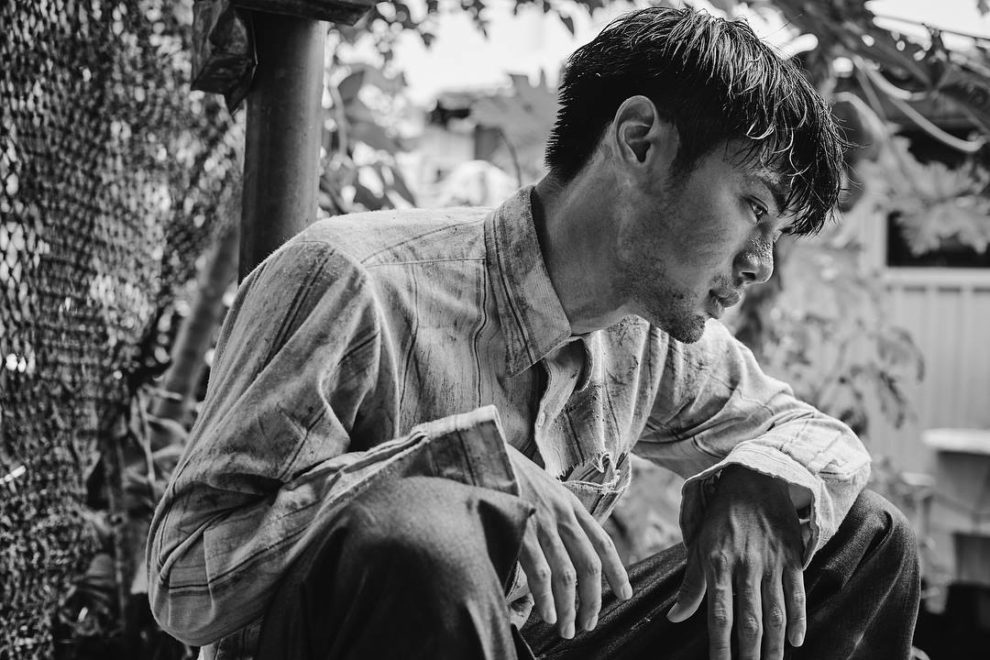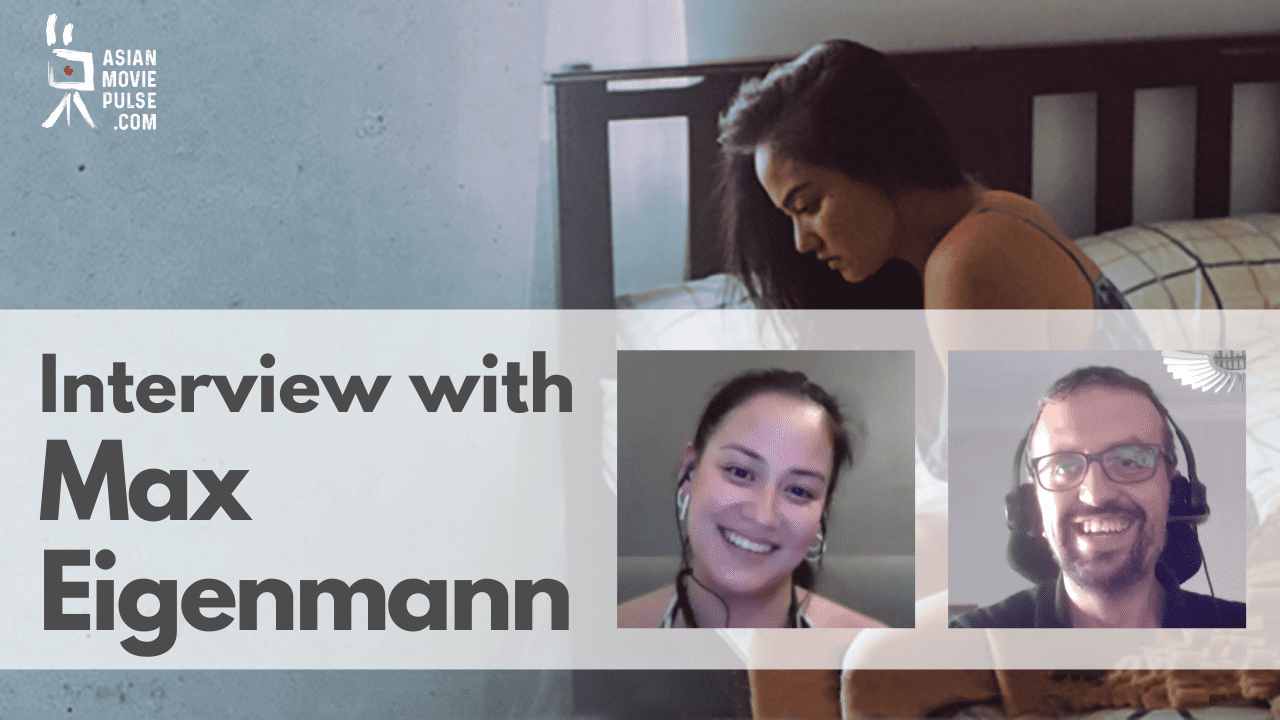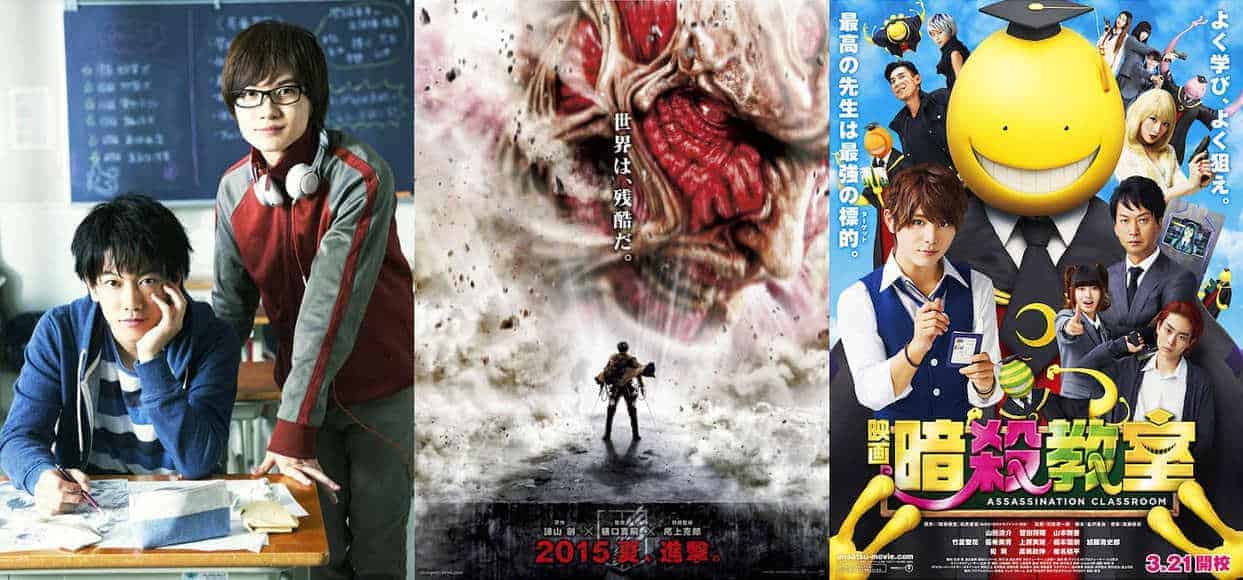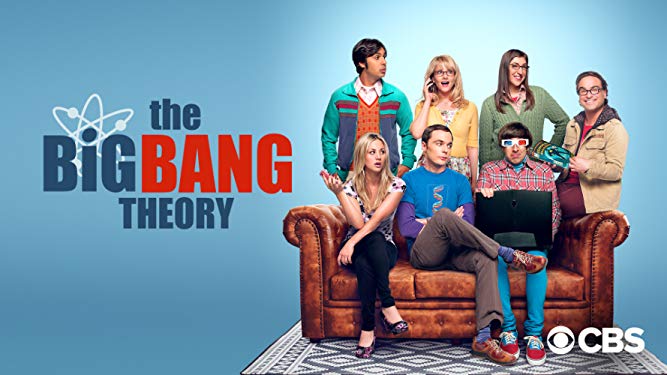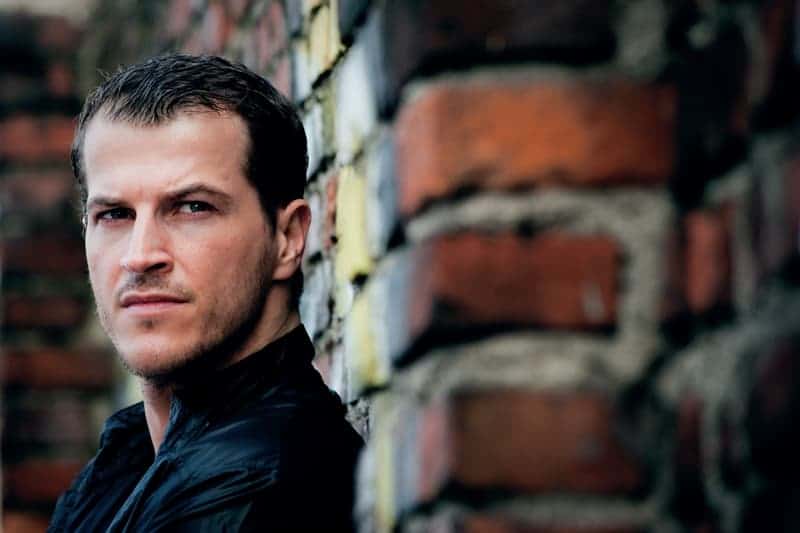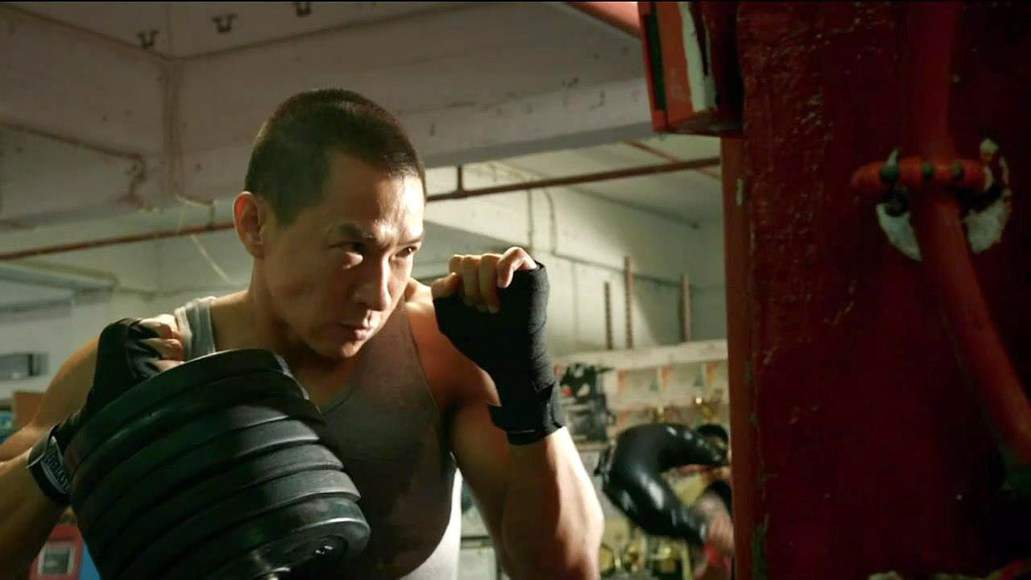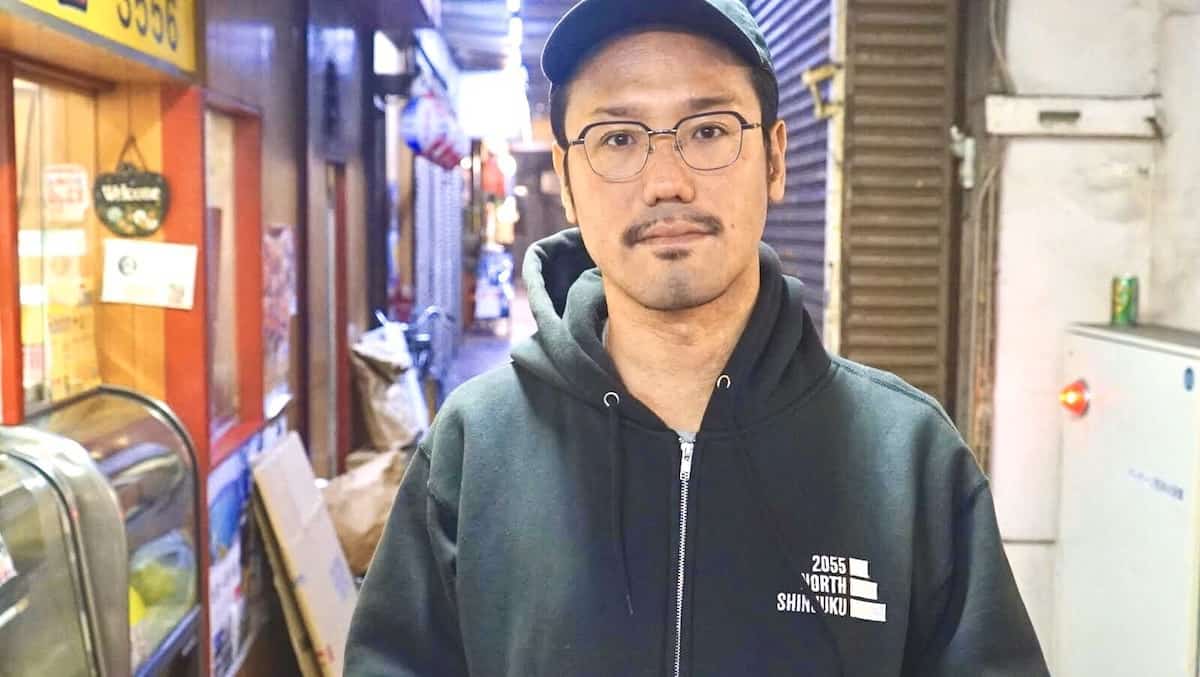Chan Kin-long is a Hong Kong actor known for his roles in Fruit Chan's “The Midnight After”, Derek Chiu's “No. 1 Chung Ying Street” as well as the upcoming “The Vintage” by Donna Chu. With “Hand Rolled Cigarette” he gives his directorial debut, which opened the 17th Hong Kong Asian Film Festival. It was also the closing film of the 57th Golden Horse Film Festival, where it was nominated for seven awards, including Best Feature Film.
On the occasion of “Hand Rolled Cigarette” screening at New York Asian Film Festival, we talk with the actor and director about what inspired the story, the collaboration with experienced actor Gordon Lam and newcomer Bipin Karma as well as the noirish world of the movie.
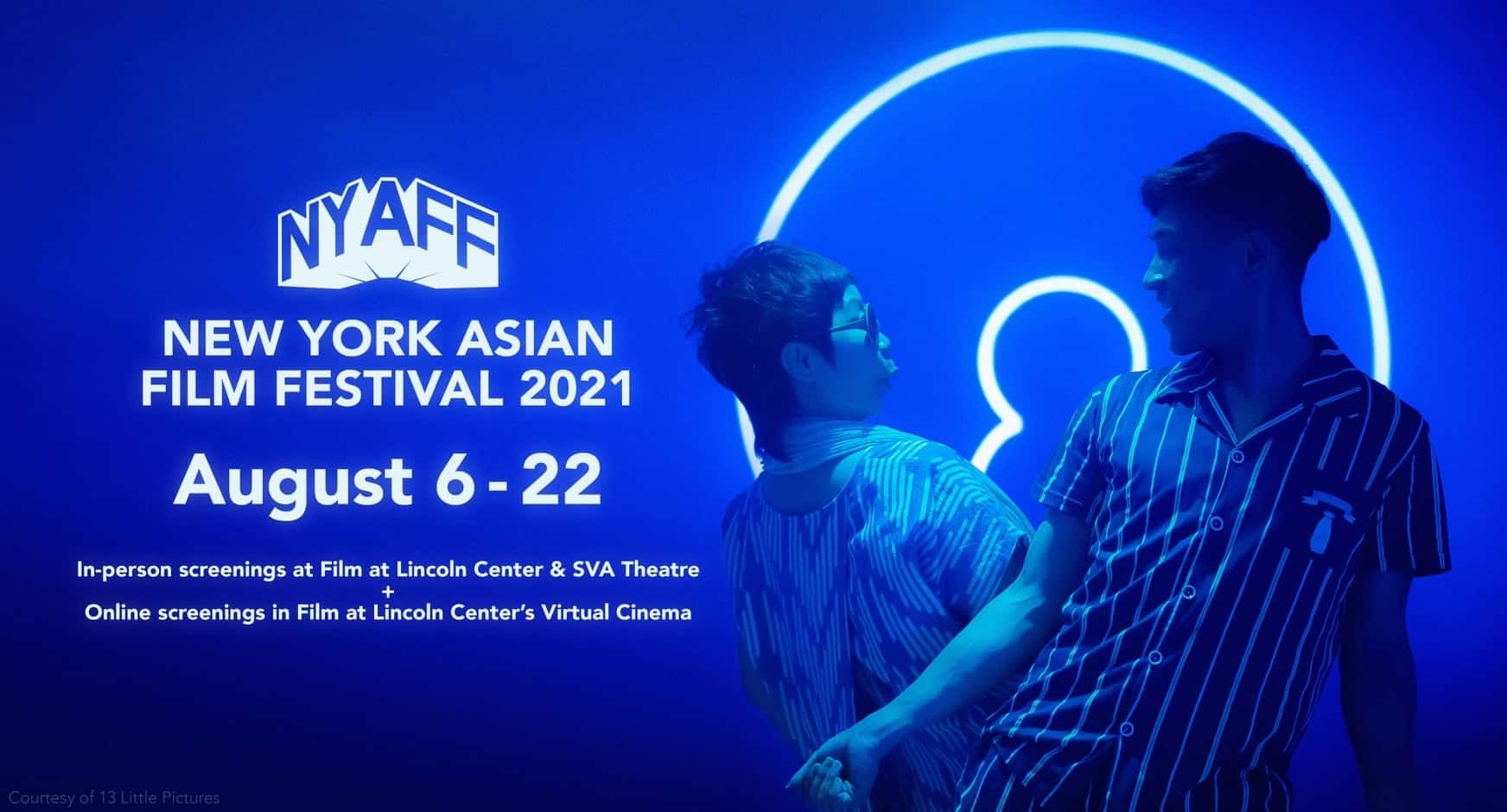
As the story of “Hand Rolled Cigarette” seems to deal with the idea of loyalty and camaraderie, especially among the soldiers we see in the beginning, why do you think there is such a lack of these ideals in modern society?
Our society today has lost track of human kindness. People are selfish: they measure every move based on whether they gain something out of it. It's hard. Just think, loyalty and camaraderie require you to give up some of your own personal desires to help others. If you help another person, it'll in turn affect you. Most crucial is that we now live in a society or under a system in which we consider our own well-being first and foremost. This is a materialistic society built upon personal gains. But on the loyalty and camaraderie front, I hope this film shows us that we can help each other not just based on material gains or profit, but that sometimes, on an emotional level. When people establish a connection, they'll help each other. This is something that's pretty rare in society now.
In what way was the story and its characters inspired by the treatment of outsiders or immigrants such as Mani?
To me, Mani isn't a new immigrant. Mani is Hongkonger, born and bred locally. Think of the USA: people of different colors who are born there, they are all Americans, no matter whether their skin is black, white, yellow, etc. To me, Mani's skin color is a part of Hong Kong. His existence is part of Hong Kong society, he's a Hongkonger. If we think on a larger scope, there should be no geographical boundaries, we all are people on planet earth.
What motivated me? First, racial harmony, as in how to minimize discrimination. This is one of the key ideas I want to express. How come Hollywood can embrace different skin colors in different roles: no matter the skin color, you can be a director, an actor, a screenwriter. Look at Ang Lee and his awards. In the field of Hong Kong film, we rarely see people of different colors who are “local” Hong Kong, and certainly few ever appear in award ceremonies. I want to promote racial harmony in society, I want people to understand that they should not discriminate. That's the first thing I want to express in my film.
At the same time, Mani is very similar to Hong Kong's [Chinese/majority] millennials born after 1980 and 1990. I know South Asians who can speak Cantonese fluently. But when they return to their country of origin—Nepal or India—they are not considered natives. These people are at a loss regarding their own identity. This also epitomizes a certain generation in Hong Kong. I hope the role of Mani captures some of these issues.
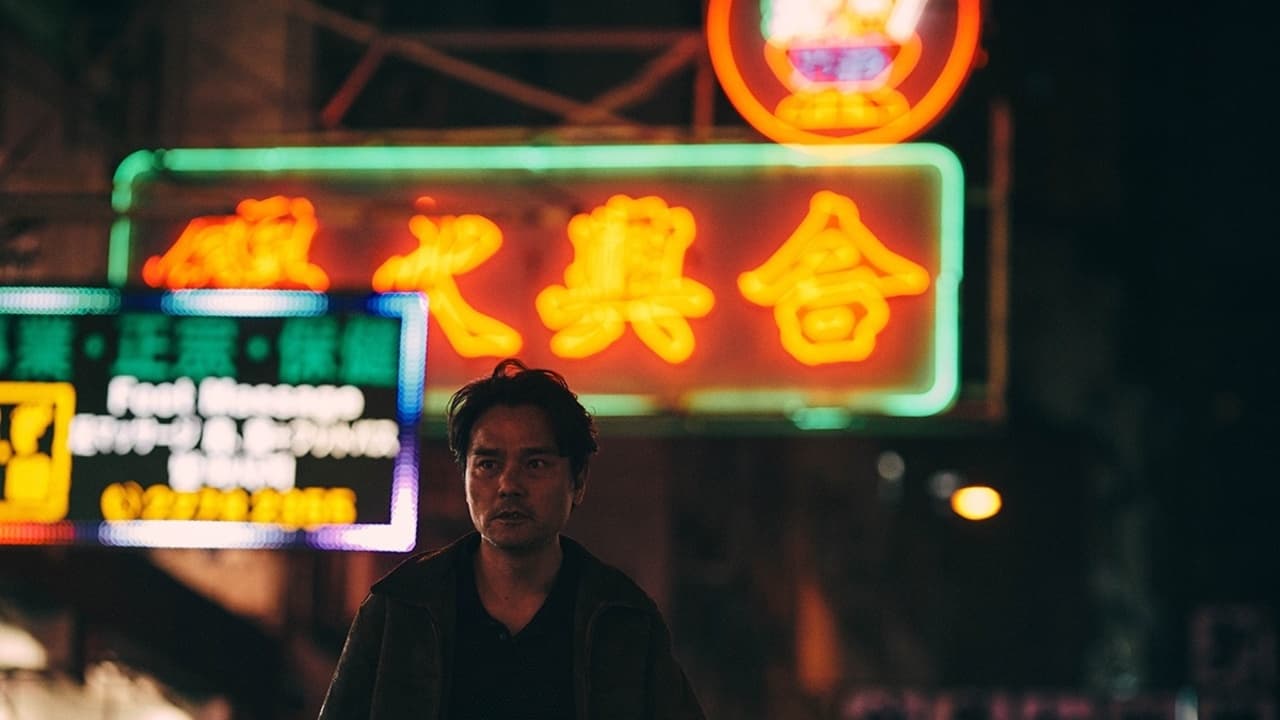
Because a large part of the movie takes place in Kwan Chiu's apartment, can you tell us something about its design and how it relates to the story?
In fact, Hong Kong flats are nowhere near as large as Kwan Chiu's. Why did we devise it this way? I want this flat to be a metaphor of Kwan Chiu's mind. The frustrations that he harbored since 1997, his experiences since then, all of them are found in his flat. Lots of things are accumulated, in a sense, and they are testament to his inner being, as expressed in our set and artistic direction. He's accumulated a lot, but these things are neatly sorted and arranged: that's Kwan Chiu's character.
Even though the film portrays a heightened reality, in what way does “Hand Rolled Cigarette” reflect reality with regards to the criminal underworld?
This film is fiction, it's detached from reality, because in real life, triad societies no longer appear in such forms and such ways. But I want to use my imagination to craft new imageries for what we already know about the triads, indeed, making them a bit more extreme. To me, this treatment is a little detached from reality. I hope this treatment can engender a different atmosphere, different style. The result is a mixture of real and unreal.

Can you tell us something about the music in “Hand Rolled Cigarette” and how it, in combination with Rick Lau's cinematography contributed to the overall noirish feeling of the movie?
I communicated with my cinematographer about atmosphere and color. Different color ranges create different textures. This time, I was partial to green and orange that were pretty close to effects rendered if we were to use actual celluloid film. We hope we succeeded on this front. This treatment isn't a “realistic way” to tell the story, but a rare approach in Hong Kong “realistic” films. I want to define this film as a genre film. Only a genre film can use such lighting.
Regarding film music, I wanted to express my own feelings vis-à-vis different scenes, specifically mood and tone that are mainly based on characters' emotions. There is a lot of room here. A trumpet is used in the soundtrack. It can be interpreted as something more “British”, more “European.” Hong Kong was once a colony, so the colonial context or mood can be expressed through the sound of the trumpet. I'm quite satisfied with the results, of how all of these fused together.
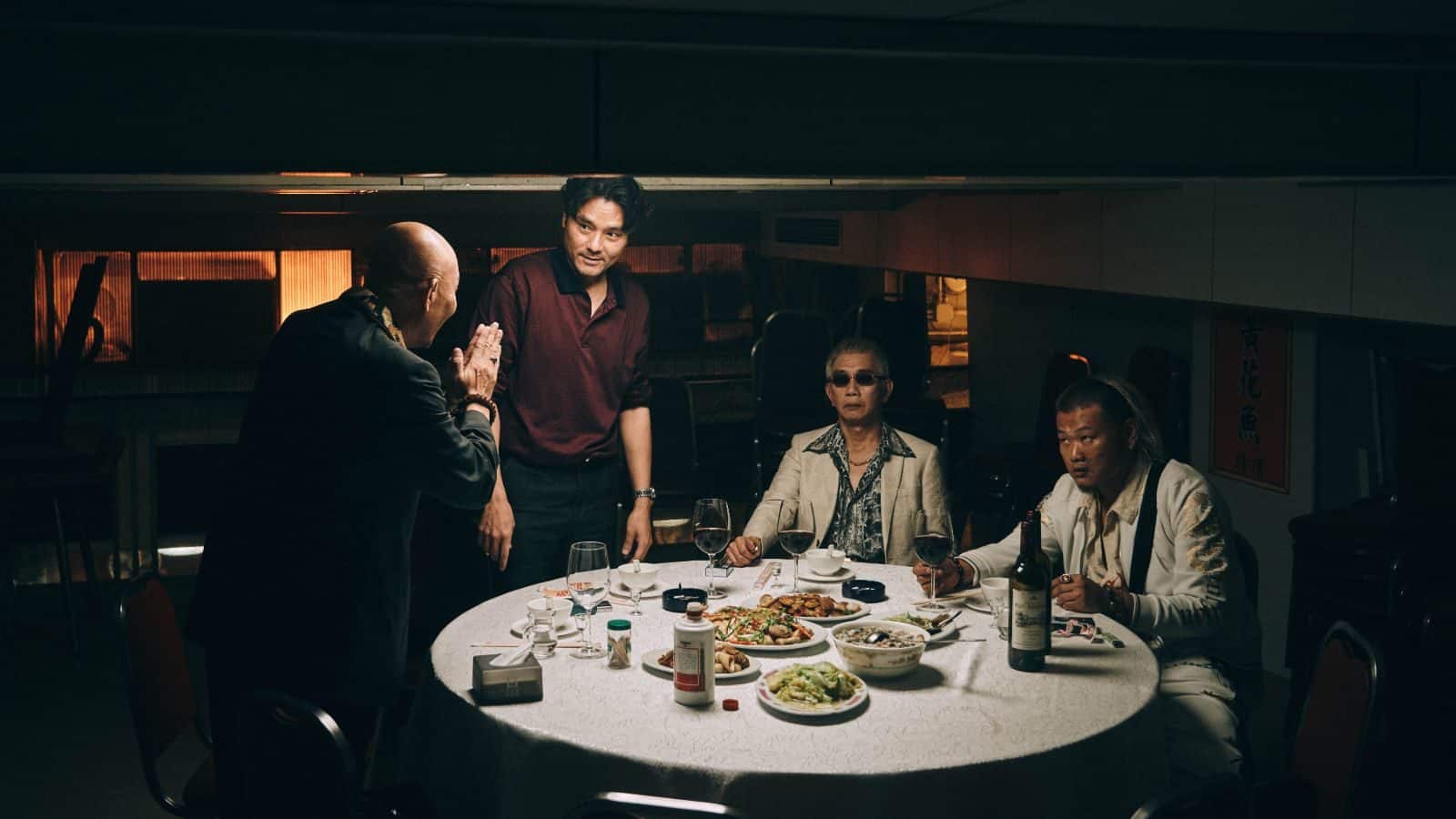
Also, can you tell us something about the casting of Gordon Lam and Bipin Karma, and what they perhaps added to their individual roles?
Gordon Lam was recommended by my producer. Early on, we had considered different actors. But after meeting with Gordon, we decided on him. A lot of this has to do with instincts, it can't be explained, that we believe an actor fits a character. That was confirmed very quickly.
But on the choice of Mani, the role played by Bipin, we spent quite a bit of time in search of an actor. We met with basically every man of South Asian descent interested in being a film actor, but we didn't find the right one. One day, we met Bipin by accident. We invited him for an audition, but he refused. I really wanted to meet him and ask him why he refused us. He told me he didn't want this film to exploit his community. I explained to him that I wanted to have South Asian representation in Hong Kong film, for someone of South Asian descent to play a Hongkonger in a leading role, so people understand Hong Kong film includes people of different skin colors, that Hong Kong society includes people of different skin colors. After I had given him these explanations, his views changed and we worked together to craft this character.
Regarding plumbing the depths of a character, as to how Bipin managed that…As a director, how do I work with actors? We need to establish trust, I need to be able to explain my ideas about the character, and to hear the actor's views too. Bipin is new to the field. We established a relationship as friends as we communicated with each other.
Regarding Kwan Chiu—Gordon is an experienced actor. Our discussions centered on the script as well as pacing that are more theoretical, with the goal of improving our endeavors.
When you put a novice and a veteran actor together, you need to find ways to create chemistry. Most of it has to do with experimentation. As a newcomer, Bipin brought out some new sparks, because he's less experienced in controlling himself. His performance as a “non-professional actor” strengthened the rapport between the two. I believe we managed to shape this relationship between the two.
What can you tell us about future projects and perhaps other genres/stories you would like to explore as director?
In future, I hope to make a film that uses actors from different Asian countries, a genre film.
But I really want to explore other genres. I believe a director, or the essence of creative work, is to try different elements and maintain flexibility. I hope I can make different types of genre films: realistic, social subjects, sci-fi, I'll try them all. At the very least, I hope to attain a certain standard in filmmaking in each of these genres. I don't want to limit myself.


